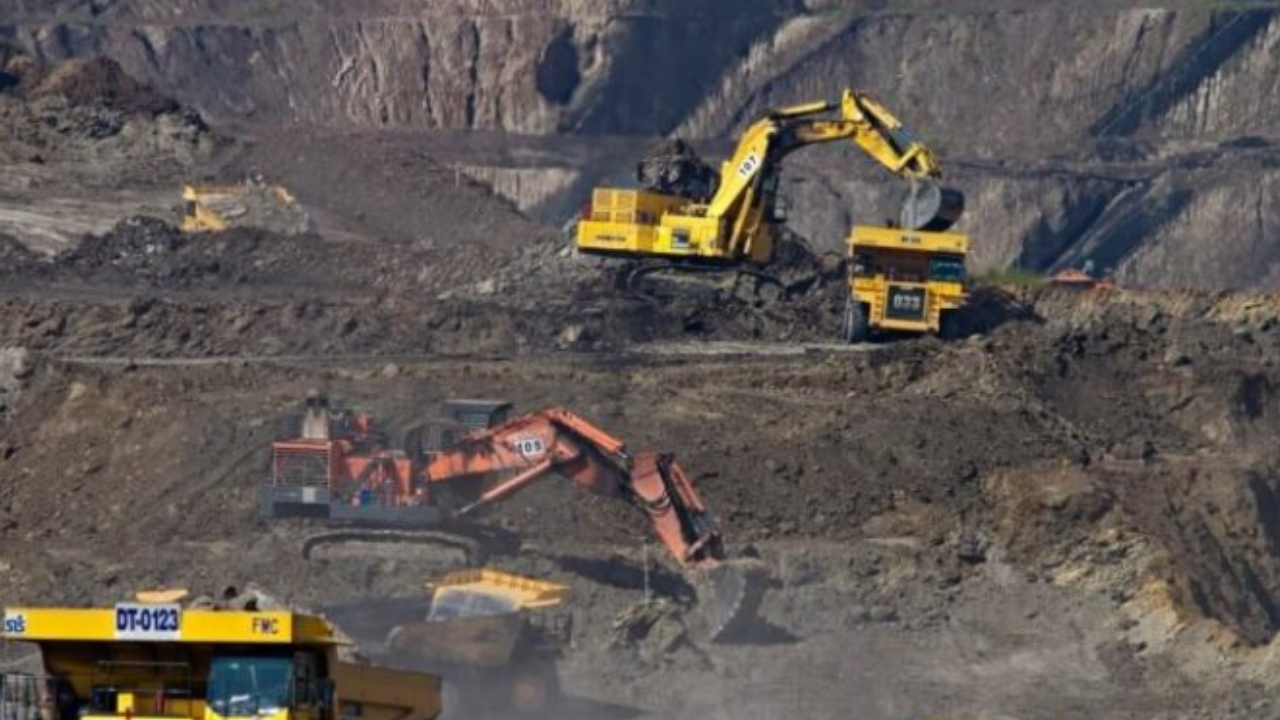Wooden chipper knives maintain great importance throughout diverse industries due to their position in successfully processing wood substances. Those knives are pivotal for changing large volumes of wood into smaller, potential chips, enhancing productivity, and lowering waste. Their importance lies in their potential to enhance operational performance, decrease disposal prices, and promote environmental sustainability via repurposing wood waste. Furthermore, wood chipper knives are highly flexible, catering to the needs of sectors such as forestry, landscaping, agriculture, and creation.
Their reliability, durability, and sharpness lead them to a favored preference among professionals seeking consistent overall performance. In recent years, the growing emphasis on sustainable practices and efficient waste control has fueled the recognition of wood chipper knives. As industries try to undertake efficient solutions and optimize useful resource usage, the call for these wood chipper knives keeps rising. Overall, their importance and reputation stem from their multifaceted benefits, which embody cost-effectiveness, versatility, and environmental stewardship.
Industries That Rely Upon Wood Chipper Knives
Wooden chipper knives play an important role in several industries that depend on the efficient processing of wooden substances. These industries span diverse sectors, each with specific demands and applications. This article will explore the important industries that depend on wooden chipper knives.
Forestry and Logging
The forestry and logging industries closely rely on wood chipper knives for processing wood. These knives effectively chip branches, trunks, and wood waste into smaller, workable pieces, facilitating less difficult management and transportation. The ensuing wooden chips are crucial for processing in mills, improving productivity and lowering waste. This performance improves functional cost viability as well as promotes ecological maintainability by empowering the reusing and reusing of wooden substances.
The Paper and Pulp Sector
In the pulp and paper industry, wood chipper knives are critical for making ready-to-use, raw materials. They make sure the manufacturing of uniform wooden chips is essential for efficient pulping and awesome paper products. Extremely good knives maintain consistent chip length, enhancing productivity and lowering downtime. By turning wood waste into valuable pulp, these knives help maximize useful resource utilization and reduce waste, supporting economic and environmental sustainability in paper manufacturing procedures.
Landscaping and Arboriculture
Landscaping and arboriculture professionals use wood chipper knives to remove tree branches, leaves, and natural debris. The resulting wooden chips are used as mulch or compost, promoting sustainable landscaping practices. Chipping reduces the quantity of organic waste, making disposal simpler and more cost-effective. Moreover, using wood chips as mulch complements soil health by way of retaining moisture and suppressing weeds, as well as supplying an efficient solution for recycling yard waste.
Biomass Energy Production
Biomass power production depends on wood chipper knives to provide uniform wood chips, which function as feedstock for power plants. The consistent size and excellent quality of these chips are crucial for efficient combustion and power generation. Making use of wood waste for biomass strength supports renewable electricity initiatives, reduces reliance on fossil fuels, and promotes environmental sustainability. This process also creates economic possibilities by converting waste into a treasured asset, contributing to a rounded financial system.
Agricultural Sector
In the agricultural sector, wood chipper knives are used to manipulate crop residues and prune orchards, converting waste into precious mulch or compost. These wooden chips further develop soil well-being by keeping up with dampness, stifling weeds, and further developing soil shape. Farmers can lessen their dependence on synthetic composts by reusing rural waste and embracing reasonable cultivating practices. This proficient waste administration diminishes removal charges and gives a practical wellspring of natural count for soil improvement.
Construction and Demolition
The development and demolition industry utilizes wood chipper knives to methodically dispose of wood waste. These knives reduce the volume of production debris, making them easier to handle, deliver, and do away with. Chipped wood can be recycled for brand-spanking new construction materials or used as biomass gas, promoting efficiency. This not only minimizes environmental impact by reducing landfill waste but also supports sustainable practices and price savings in the enterprise through powerful waste management and recycling.
Conclusion
Wood chipper knives are indispensable tools throughout various industries, each making the most of their capability to efficiently process wooden substances. From forestry and pulp manufacturing to landscaping, biomass strength, agriculture, and production, these industries rely upon the precision, efficiency, and price-effectiveness that splendid wooden chipper knives offer. By way of facilitating the recycling and repurposing of wooden waste, wooden chipper knives contribute to extra sustainable practices and aid management, underscoring their significance in present-day business operations.


